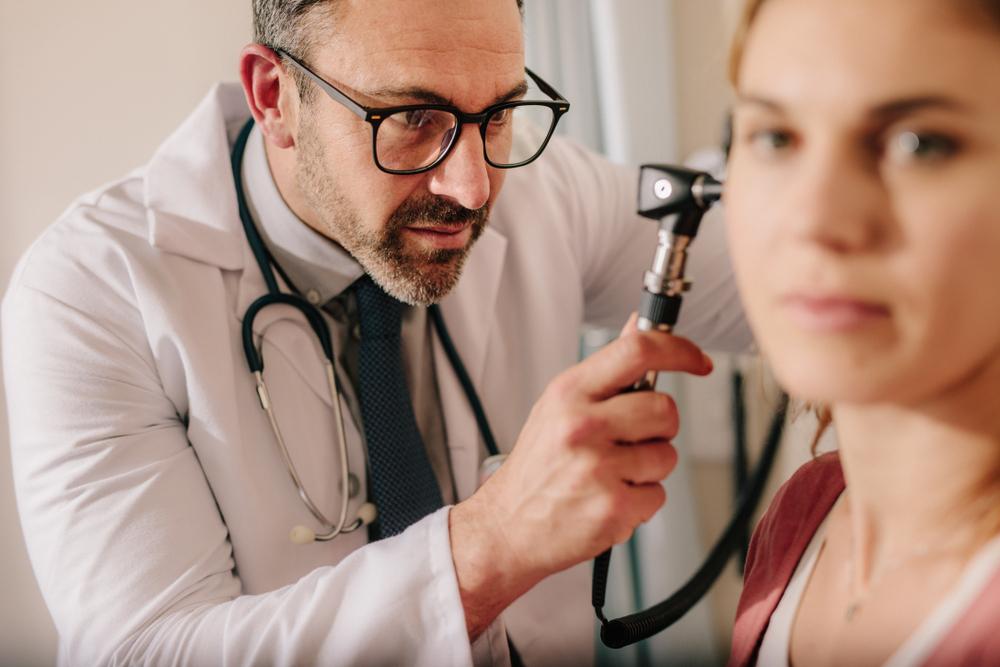Many people with diabetes have experienced sensorineural hearing loss, but what is the relationship between diabetes and hearing loss?
According to the American Diabetes Association, there are about 37 million people with diabetes in America, and up to about 34.5 million cases have some type of hearing loss. That accounts for 93 percent of all the diabetic patients.





